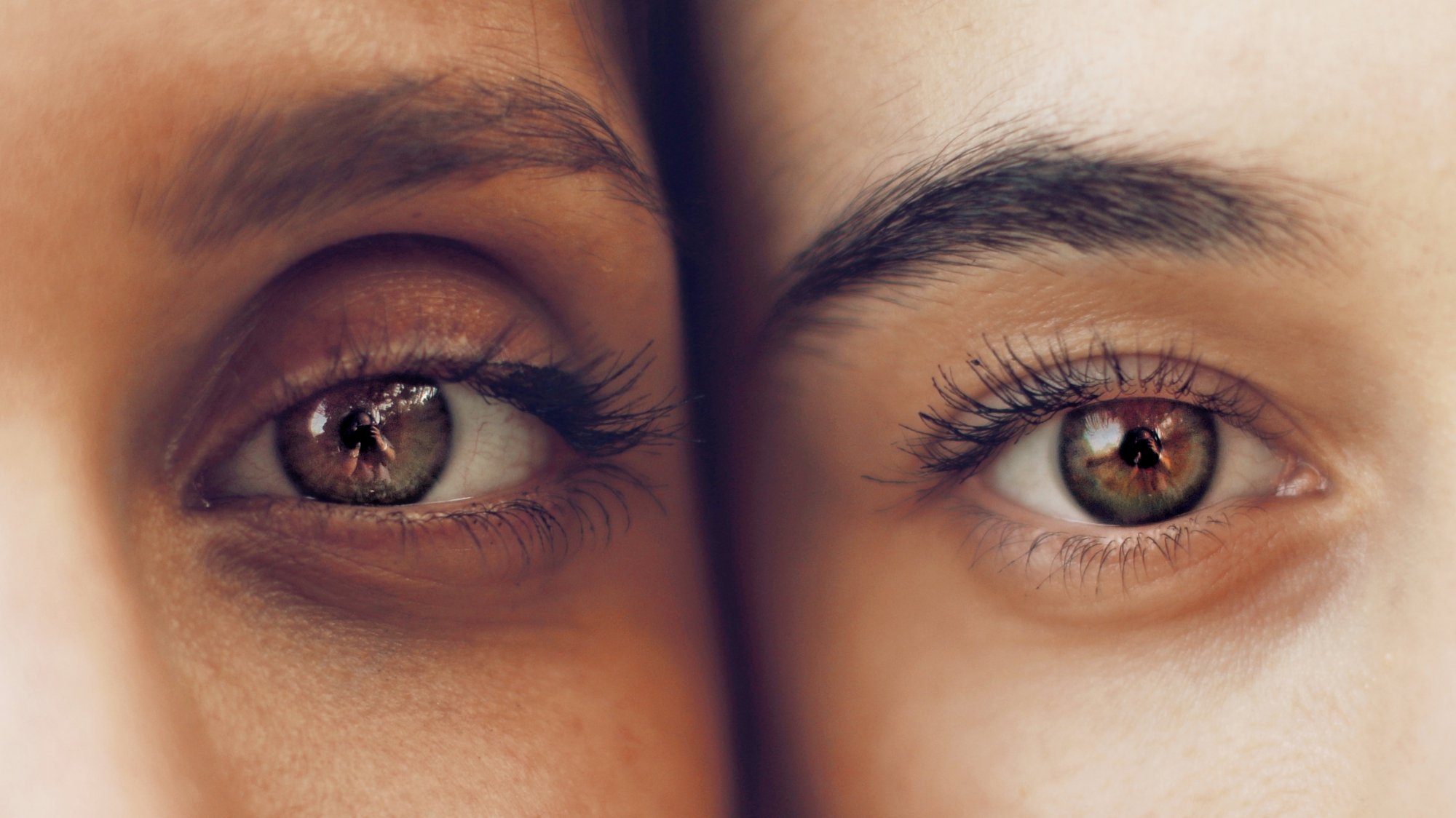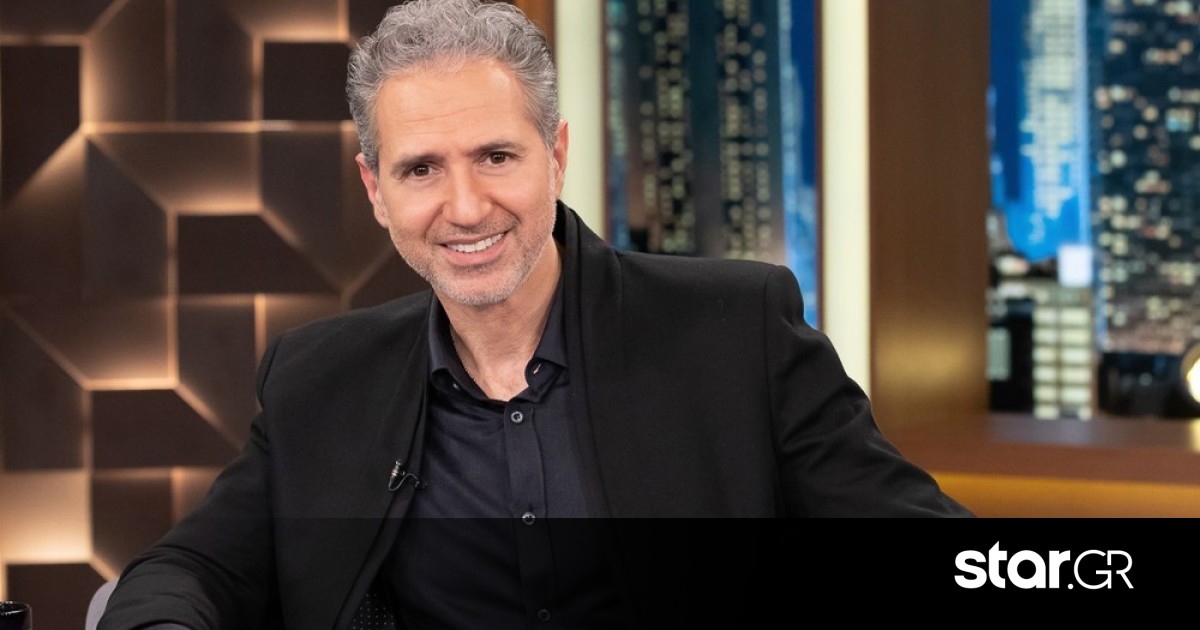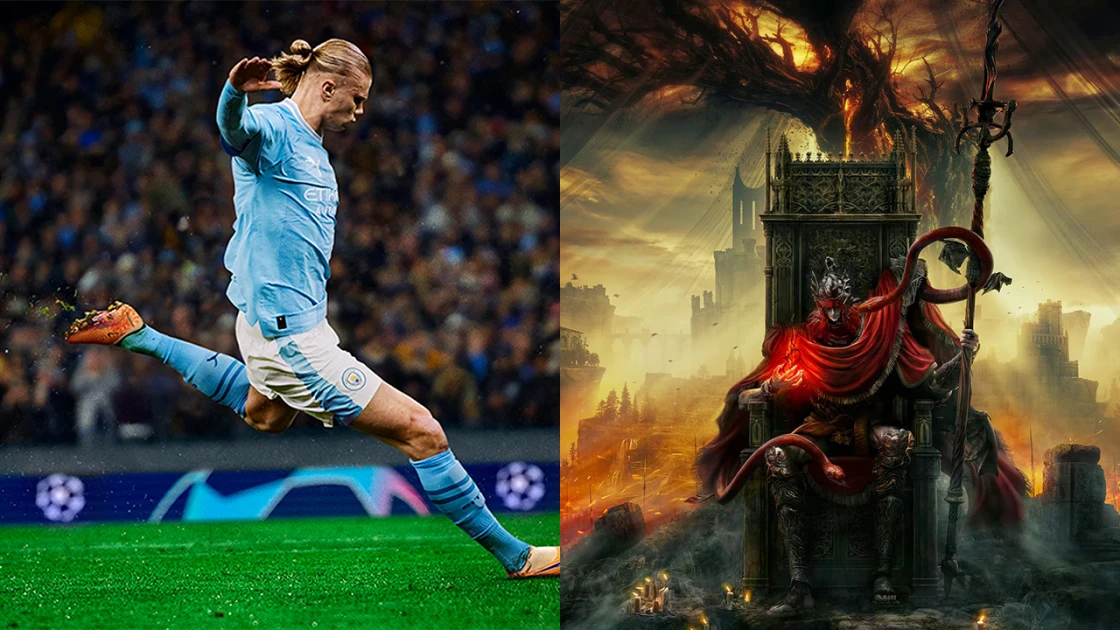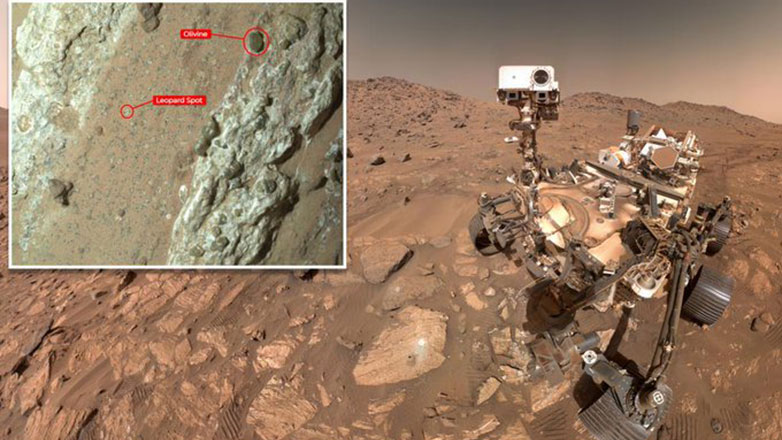
Twin girls who didn't know each other existed found each other through TikTok, while a child trafficking ring in Georgia was exposed when they realized they were among thousands of babies stolen from maternity hospitals and sold.
The BBC published the story of twins Ami and Anu, but shortly after their birth, they were taken from their mother and sold to separate families. Years later, they discovered each other by chance thanks to a TV talent show and a TikTok video.
They demand answers
The girls traveled from Georgia to Germany, hoping to find the missing piece of the puzzle by meeting their biological mother. As they “uncovered” the truth, they realized that there were tens of thousands of other people in Georgia who had also been taken from hospitals as children and sold. Despite official efforts to investigate what happened, no one has been held accountable yet.
“I'm scared, really scared. I haven't slept all week. This is my chance to finally get some answers about what happened to us,” says Amy, who was at her godmother's house near the Black Sea watching her favorite TV show, Georgia's Got Talent. A dancer who looks exactly like her. Not just like her, in fact, identical. “Everyone would call my mom and ask, 'Why is Amy dancing under a different name?'” she commented.
No one has been held accountable yet.
Amy mentioned this to her family, but they paid no attention to it. “Everyone has a savior,” was the answer her mother gave. Seven years later, in November 2021, Amy posted a video of blue hair piercing her eyebrow on TikTok. Two hundred miles (320 kilometers) away in Tbilisi, 19-year-old Anu Sartania received the video from a friend. “It's cool that he looks like me,” he thought.
Anu tried to locate the girl with the pierced eyebrow online but couldn't find her, so she shared the video on a social media group to see if anyone could help. Someone who knew Amy saw the message and reached out to them on Facebook.
Amy immediately knew that Anu was the girl she saw on Georgia's Got Talent. “I've been looking for you for a long time!” Sent to the message. “Me too,” Anu replied.
the meeting
They discovered that they had a lot in common. Both were born at the now-defunct Kirtsakhi Maternity Hospital in western Georgia, but according to their birth certificates, their birth dates were two weeks apart. They thought they couldn't be sisters, let alone twins. But there were a lot of similarities.
They liked the same music, both loved to dance and had the same hairstyle. They discovered they had the same genetic disease, a bone disorder called dysplasia. It was as if they were solving a puzzle together. “Every time I learned something new about Anu, things got weirder,” Amy says.
Then they arranged to meet. “It was like looking in the mirror, exactly the same face, exactly the same voice. I'm her and she's me,” Amy describes, convinced they are twins. “I don't like hugs, but I hugged her,” Anu says.
The information on their official birth certificates was wrong.
They decided to talk to their families and learned the truth for the first time. They were adopted separately a few weeks apart in 2002. Looking deeper, the twins discovered that the information on their official birth certificates, including their date of birth, was wrong.
Amy's mother, who was unable to have children, says a friend told her there was an unwanted baby at the local hospital. She will have to pay the doctors, but she can take her home and raise her as her own. Anu's mother heard the same story.
None of the adoptive families knew the girls were twins, and despite paying a lot of money to adopt their daughters, they say they didn't realize it was illegal. Georgia was going through a period of turmoil, and while the hospital staff was involved, they thought it was legit.
They found the truth through social media
Amy found a Facebook group dedicated to reuniting families in Georgia with children who were illegally adopted at birth and shared their story. A young woman in Germany responded by saying that her mother had given birth to twin girls at Kirtsche maternity hospital in 2002, and that although she had been told they had died, she had some doubts. DNA tests revealed that the girl from the Facebook group is their sister and lives in Germany with her biological mother.
Emi desperately wanted to meet Aza, but Anu was more skeptical. “This is the person who could have sold you out, and he is not going to tell you the truth,” he warned. However, he agreed to go to Germany with Amy to support her.
So Emi and Ano prepared to meet their biological mother at a hotel in Leipzig. When Amy and Anu entered her room, Aza ran to them and hugged them tightly. Tears streamed down Emi's face, but Anu remained silent. She looked a little angry.
After discussing the matter privately, the twins reported that their mother explained that she had become ill after giving birth and had fallen into a coma. When she woke up, hospital staff told her that the babies had died shortly after being born. She also said that meeting Amy and Anu gave a new meaning to her life.
Today, the girls still communicate with their mother. However, they do not have close contacts. “I always felt like something or someone was missing from my life,” Anu said. “Many times I dreamed of a little girl dressed in black following me and asking me about my day.” But that disappeared when he found Amy.
How was the child trafficking ring exposed?
The Facebook group the twins used was called “Vedzeb,” which means “research” in Georgian. It has countless entries from mothers who say they were told by hospital staff that their babies had died but later discovered that the deaths had not been recorded and that their babies could still be alive.
And other posts from children like Emi and Ano, who are searching for their parents. The group has more than 230,000 members and has opened a dark chapter in Georgia's history.
She was created by journalist Tamona Mosirides in 2021 after learning she was adopted. She found her birth certificate containing incorrect information when she cleaned out her deceased mother's house. Tamuna has helped reunite hundreds of families, but she has yet to find her own.
She started the team searching for her family, but ended up uncovering a decades-long child trafficking scandal. Specifically, the department operated from the early 1950s until 2005.
The crime is believed to have been run by organized gangs and involved people from all walks of life, from taxi drivers to people in senior positions in government. Corrupt officials will forge documents needed for illegal adoptions.
“The scale is unimaginable, as many as 100,000 children were stolen. “It was systemic,” says Tamuna, who explains that she calculated this number by counting the number of people who contacted her and combining that with the time frame and cases. Being unable to access documents – some have been lost and others have not been released – it is impossible to verify the exact number.
Tamuna says many parents told her that when they asked to see dead children, they were told they were already buried on the hospital grounds. It has since been learned that cemeteries in Georgian hospitals do not exist at all. In other cases, parents show their dead children from the morgue.

“Hipster-friendly coffee fanatic. Subtly charming bacon advocate. Friend of animals everywhere.”





More Stories
2024 Olympics: What does the rider who crossed the Seine symbolize (video)
He is the “Hitler of our time.”
Woke Agenda: Infuriates Elon Musk, Burns Politicians, Targets the Secret Service